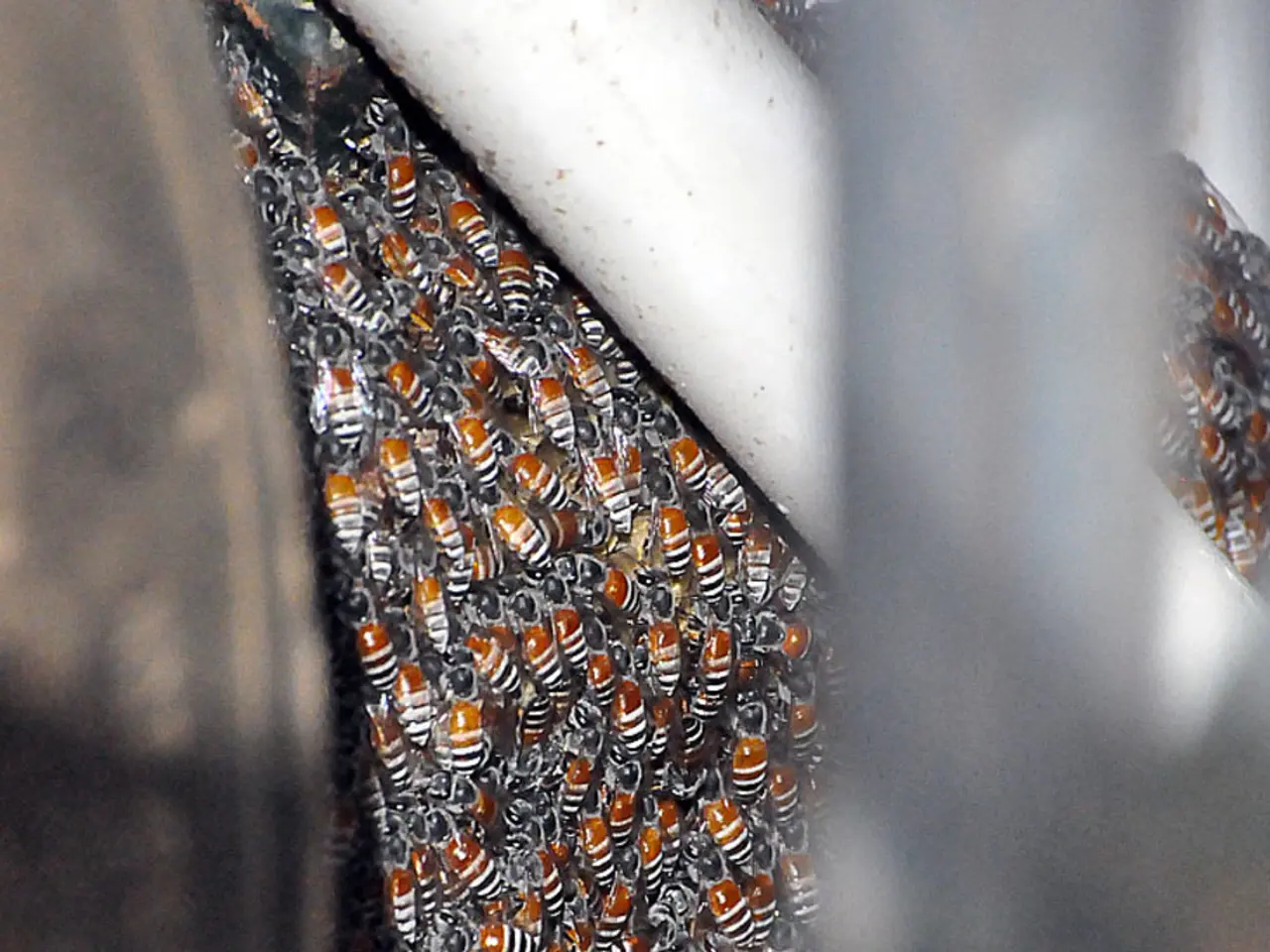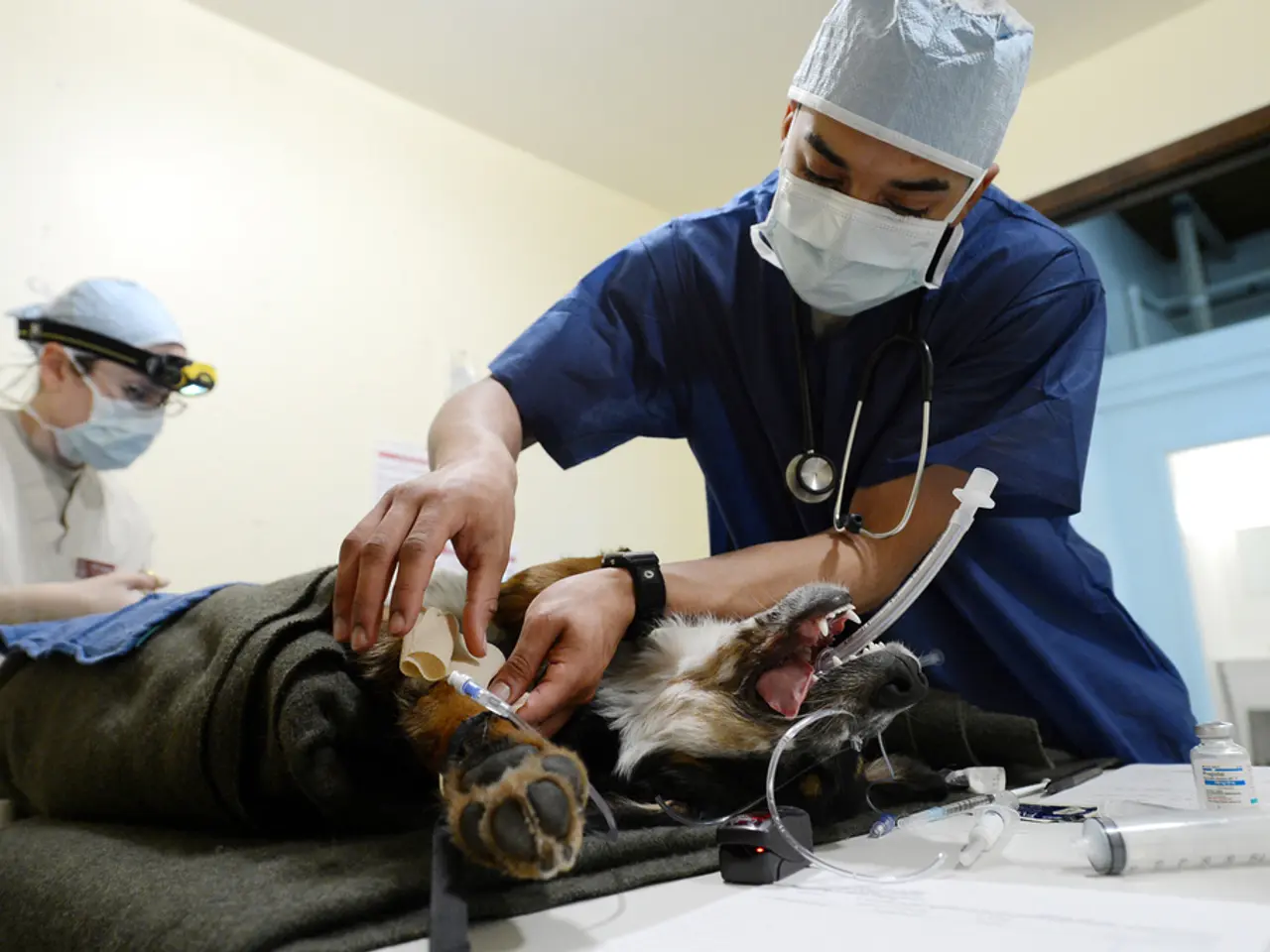Discovering a Possibility for Halting Mental Deterioration Post-Radiation Exposure: Study Findings
In a groundbreaking study published in the International Journal of Radiology Oncology Biology Biophysics, researchers at the Del Monte Institute for Neuroscience at the University of Rochester have identified microglia, the brain's immune cells, as a potential culprit in cognitive decline experienced by cancer survivors undergoing brain radiotherapy.
The research, led by M. Kerry O'Banion, MD, PhD, a professor of Neuroscience and senior author of the study, reveals that microglia may trigger cognitive deficits after radiation exposure. This cognitive decline correlates with the loss of synapses and evidence of potentially damaging microglial over-reactivity following the treatment.
However, the study offers a glimmer of hope. Mice with mutant microglia showed no cognitive decline following radiation, suggesting that targeting this pathway in microglia could be a key to developing therapies to prevent or mitigate against such deficits in people who need brain radiotherapy.
The findings add to the growing body of research that explores additional targets for developing therapies to help individuals receiving brain radiotherapy. Both avenues of research offer promising avenues for improving the quality of life and reducing the need for greater care for cancer survivors.
The research was supported by the National Institutes of Health and NASA. In addition to O'Banion, the study's authors include Joshua Hinkle, John Olschowka, and Jacqueline Williams.
O'Banion is also interested in understanding the signals that target synapses for removal by microglia. This work may have broader implications, as some of these mechanisms are connected to Alzheimer's and other neurodegenerative diseases.
In the meantime, other potential therapies are being explored to help cancer survivors undergoing brain radiotherapy. These include cognitive training and rehabilitation programs, pharmacological interventions, neuroprotective agents, physical exercise, stem cell therapies, dietary interventions, and mindfulness and stress reduction techniques.
For specific details about the study by M. Kerry O'Banion et al., it would be best to consult the original research paper or contact the Del Monte Institute for Neuroscience directly.
The groundbreaking study, focusing on neurological disorders, highlights the potential role of microglia in cognitive decline among cancer survivors undergoing brain radiotherapy. This discovery could pave the way for therapies targeting microglia to prevent or alleviate cognitive deficits, potentially extending to the management of mental health conditions and other neurodegenerative diseases such as Alzheimer's.




